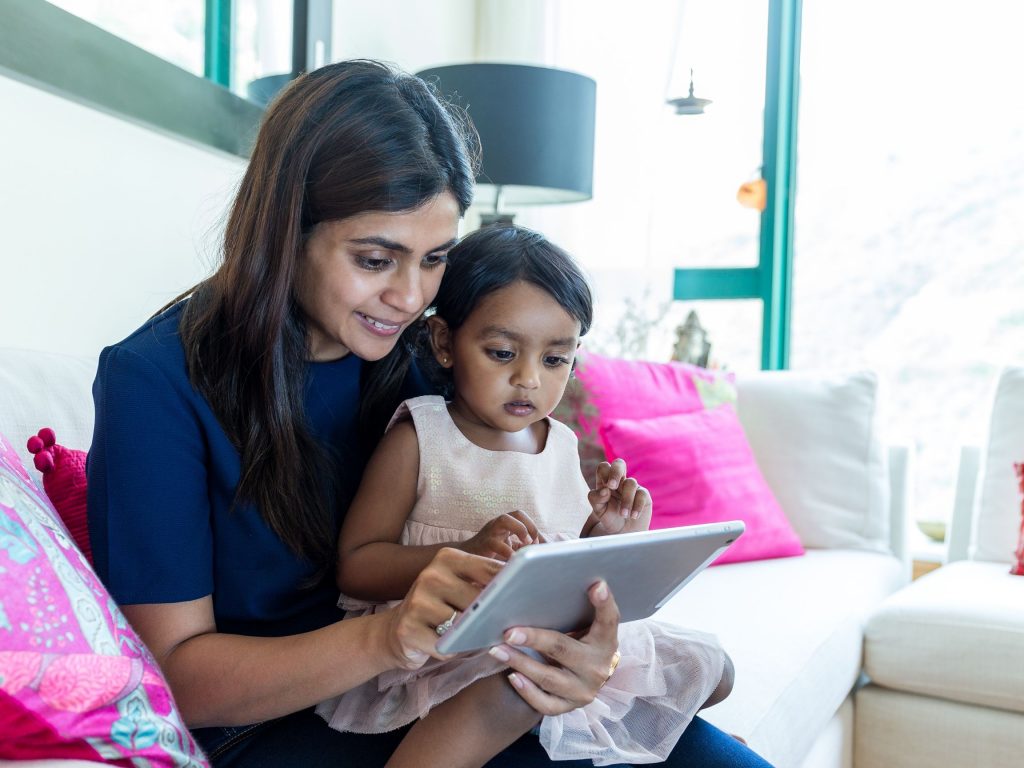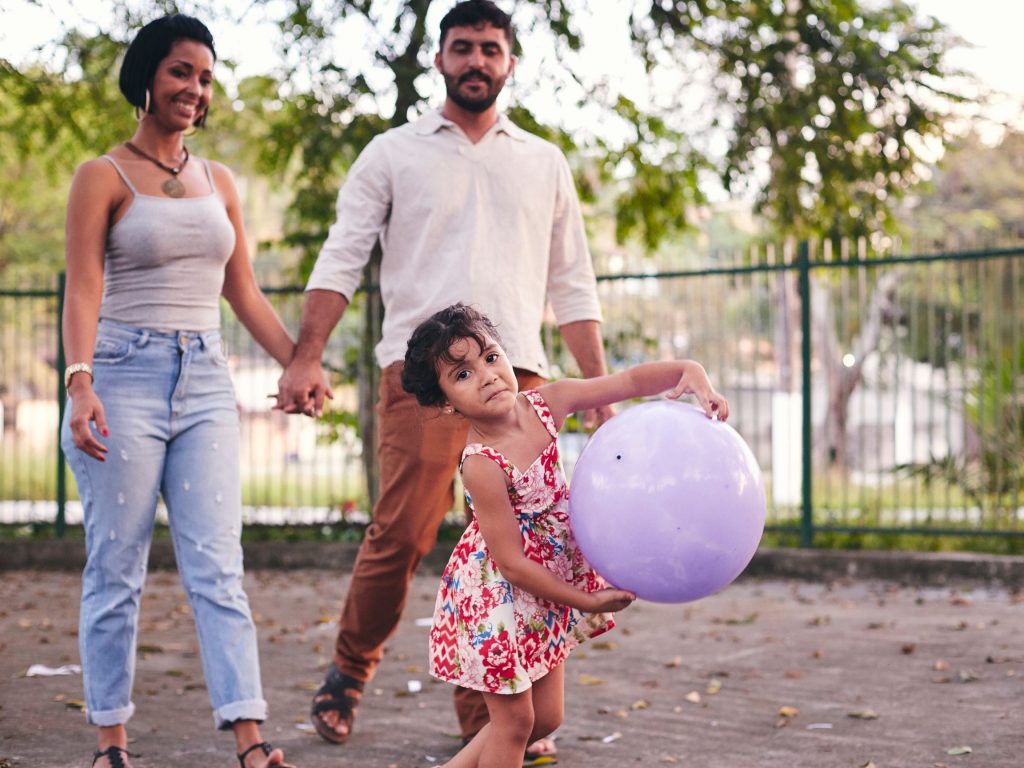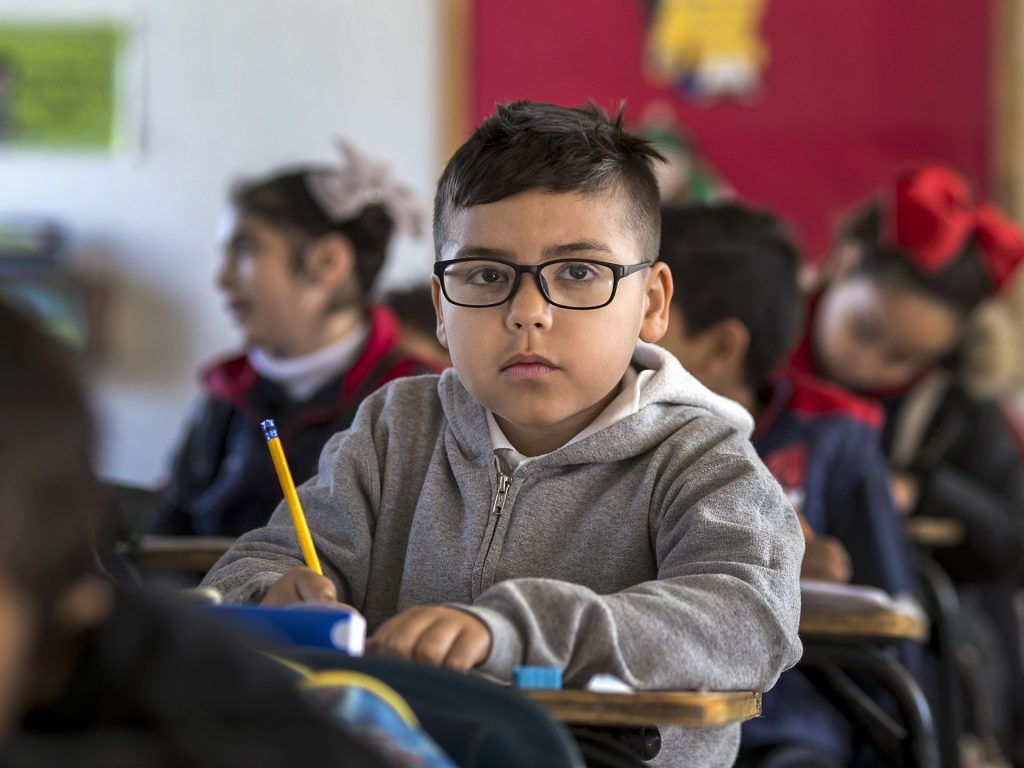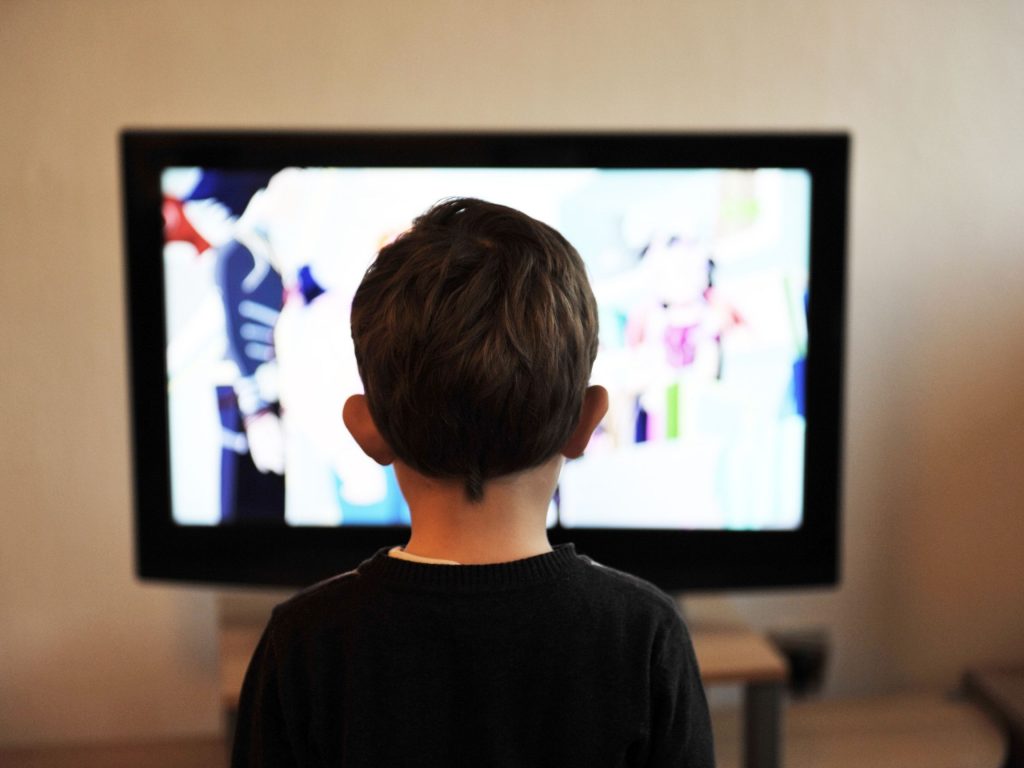If you and your husband speak different languages, you may wish your children to develop learning these languages. Raising bilingual or multilingual children has several benefits. For instance, it can enhance communication and bonds in your immediate and extended family. The most excellent way to assist your children to learn broad vocabulary in different languages is to always use those languages with them, particularly in the early years.
Raising multilingual or bilingual children: the family’s options
The decisions you and your husband make about assisting your children learn to utilise your languages depend on your family situation.

One person-one language
If you and your husband have different languages, the one person-one language model for supporting multilingualism or bilingualism may work for you. For instance, if your language is English and your husband is Tamil, you speak English to your children and your partner speaks Tamil to them. This model can work with more than one language other than English. For instance, if you speak Telegu and your husband speaks Hindi, each speaks their language to your children at home. If you both speak English as well, you might choose to use English with them when out. Your children will also learn to use English at school and in the community.

It is perfect if you both know each other’s languages so none of you feels bad.
Tips for assisting your kid’s bilingual or multilingual development
Take part in games

- Read and narrate stories in your lingo, and persuade your child to join in.
- Be creative and use dress-ups!
- Play games in your language, particularly games that focus on language.
- Sing songs, play music, and dance in your language. Children love music, and melody is a great way to assist them to remember things.
- Search for word game apps in your language for your child.
Community activities

- Search for schools, child care centres or multilingual and bilingual programs that back your child’s use of your language.
- Organise playtime with other kids who speak a similar language.
- Organise visits to or from speakers of your language. You can also take your child to visit countries where individuals converse your language as this can enhance his/her interest in the culture and ability to speak the language.
- Visit the library and borrow magazines, DVDs, CDs, age-appropriate fiction, and picture books in your language.
- Search for cultural activities that you and your child can do together to tap into your family’s identity and cultural heritage.
At home

- Observe radio programs in your language, including popular music channels and programs for kids.
- If you have friends and family who reside overseas, you can encourage your children to associate with them utilizing a video-messaging app.
- Think a typical recipe from your community and about what your kid is fascinated in – for instance, music, soccer, cooking, TV shows, and so on. Try including your language into these curiosities. For instance, you can find your child’s favourite recipe or cook it together using your language.
- Watch sports or movies in your language.
- Assist your child find secure, interest-based online communities in other languages.
Remember that you can teach a kid a second language at any age. However, experts say that under the age of seven is the optimal time for children to find it relatively easy.
